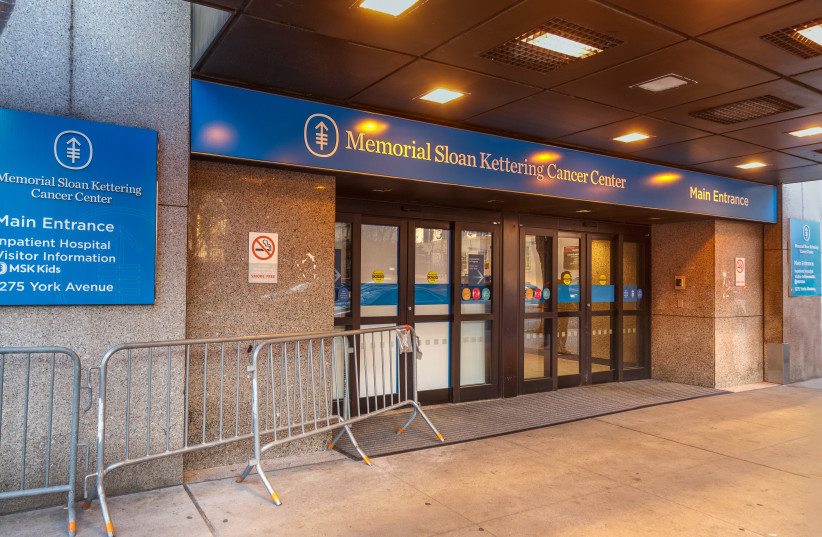A small clinical trial in New York City sent rectal cancer into remission for every patient that was involved by using a unique immunotherapeutic treatment.
The trial, which was later published as a paper on Sunday in the New England Journal of Medicine, gave all the patients involved the immunotherapy treatment "Dostarlimab" - which then stunned doctors as it returned a 100% success rate for all patients in clinical trials. The immunotherapy had shrunk the tumors the patients had much quicker than the medical professionals were expecting.
The treatment was being tested for colorectal cancer. The trial was backed by drug maker GlaxoSmithKline and was led by doctors at the Memorial Sloan Kettering Cancer Center.
One of the paper's authors, Dr. Luis A. Diaz, told The New York Times that he "believes this is the first time this has happened in the history of cancer.” Other experts said that the trial needs to be replicated.
The patients
Before this trial, the participants had undergone difficult treatments that included chemotherapy and surgery that could have led to serious side effects or dysfunctions. The patients also decided to participate fully expecting that the tumors would not disappear, according to the Times.

However, not only did the patients not need any more treatment by the end, none of them presented evidence of having any rectal tumors - even after undergoing more MRIs, PET scans, biopsies and physical exams. Furthermore, none of the patients have suffered any severe side effects nor needed any follow-up surgery or chemotherapy. Cancer has not returned to any of the patients.
Many of the doctors had reported that "there were a lot of happy tears," once the patients received the good news.
Immunotherapy
Immunotherapy uses the body's immune system as an ally against cancer, according to the Memorial Sloan Kettering Cancer Center. Dr. Diaz stated that the best way to use immunotherapy to fight cancer was to conclude which of the patients would benefit most from it and receive it immediately.
An immunotherapy agent called a checkpoint inhibitor is able to assist immune cells to attack cancer cells in the body, thus preventing a tumor from growing.
The doctors involved in the trial want those with rectal cancer tumors to know that the clinical trial continues to grow and enroll new patients, according to the Kettering Cancer Center.
